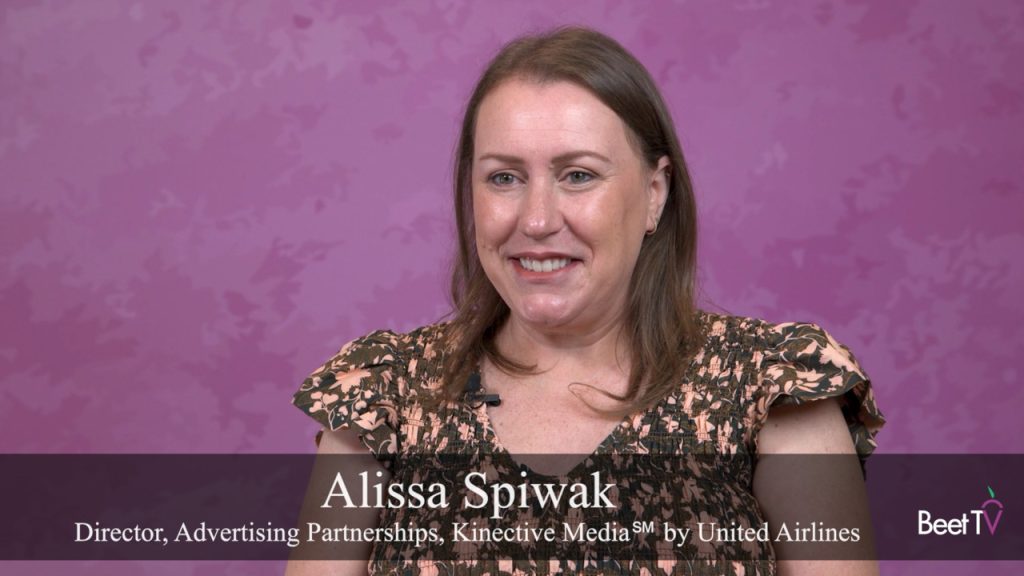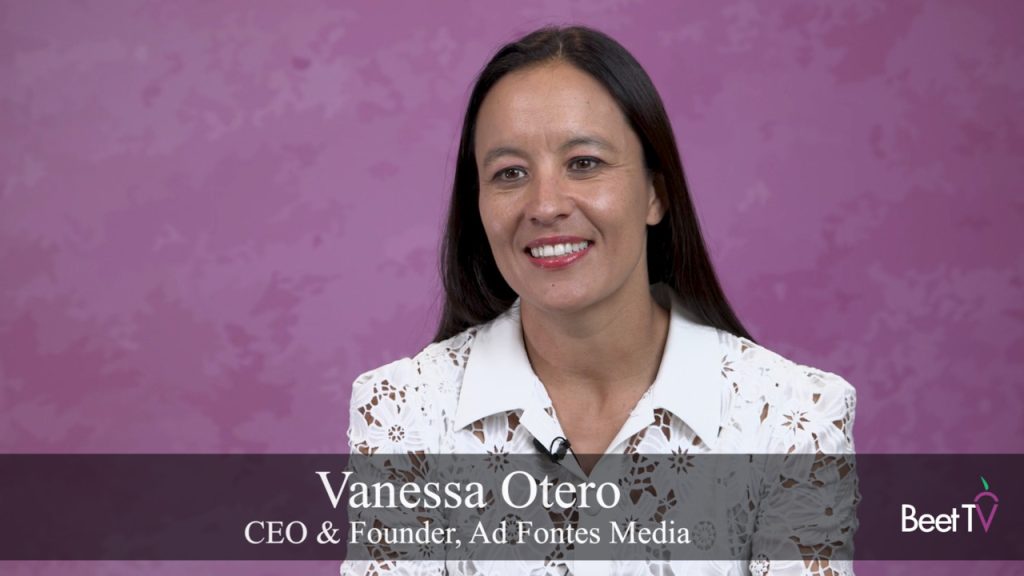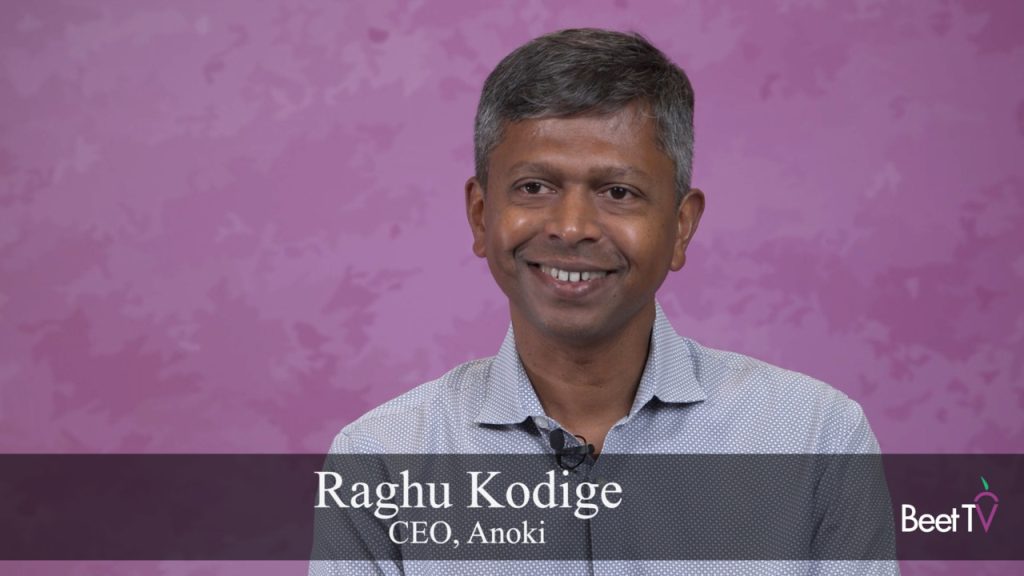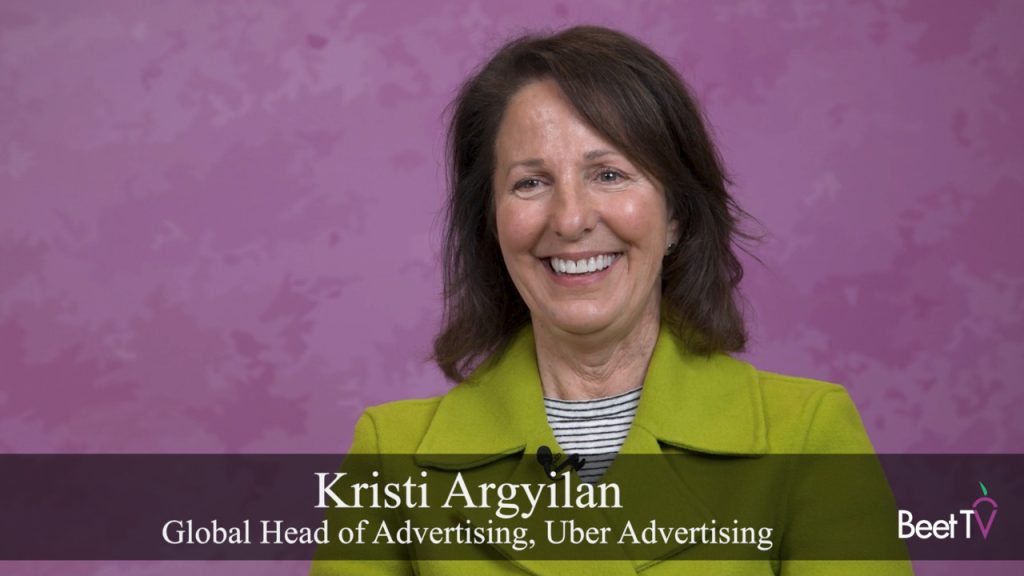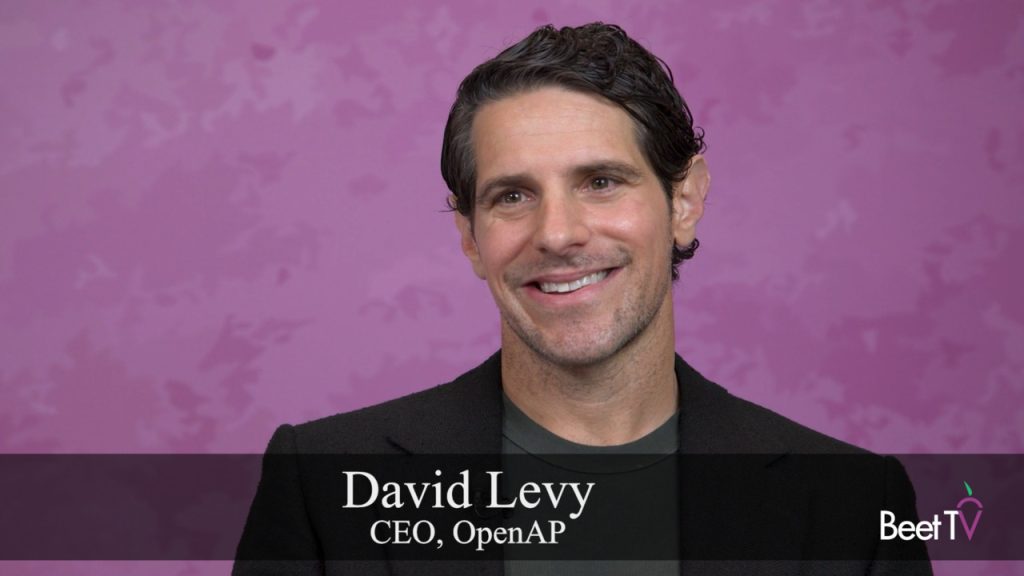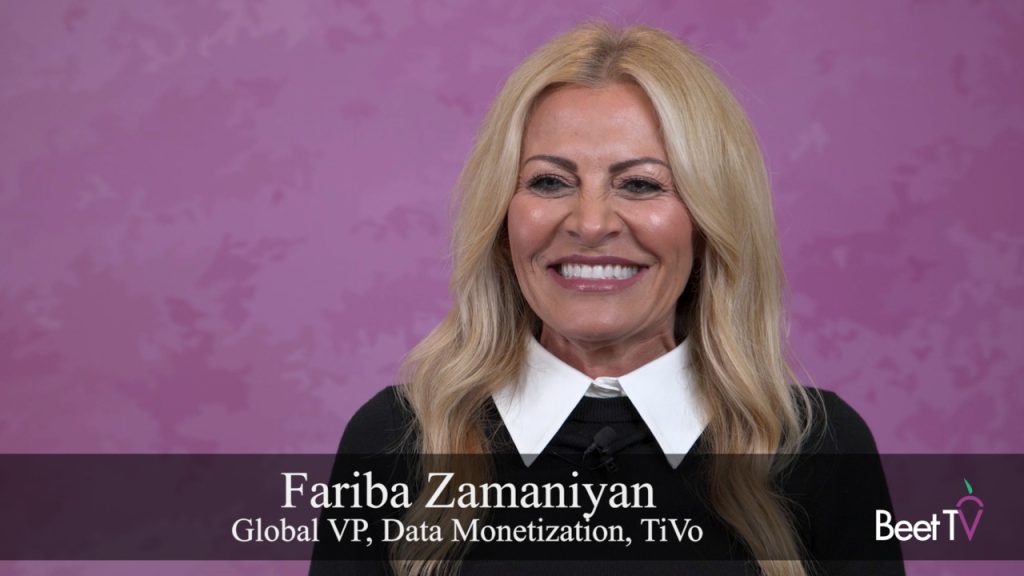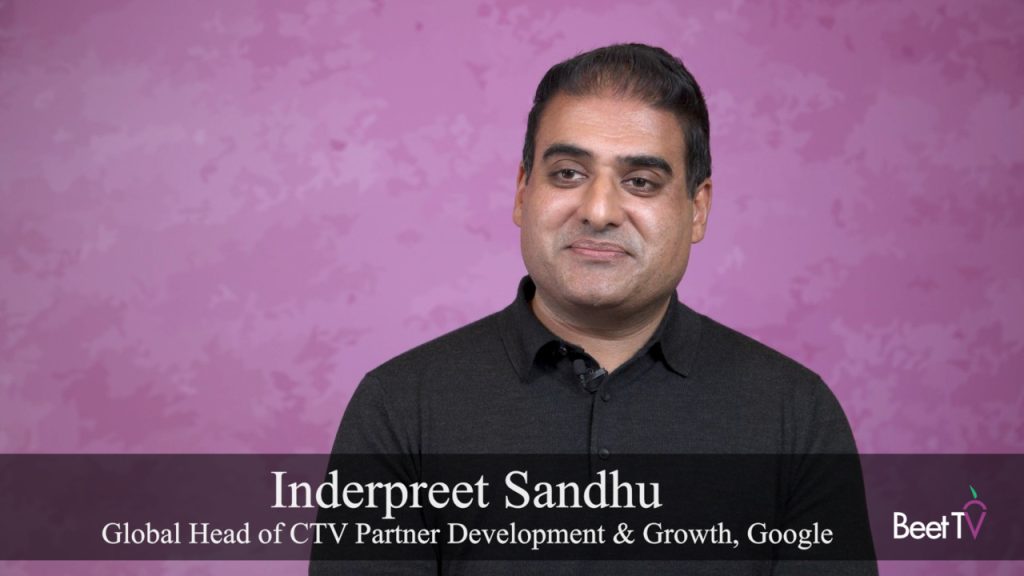COLOGNE — Over-the-top (OTT) Internet delivery looks like becoming the Trojan Horse for an expansion of Sky’s pay-TV business in what is emerging as a post-satellite future beyond its traditional UK.
This summer, Sky, the UK’s leading pay-TV company and combined telco and channel provider, announced it will launch in Spain.
But, unlike its core offering back home in the UK, Sky’s Spanish launch won’t transmits primarily over satellite. Instead, Sky is launching its own over-the-top (OTT) box to receive shows from 12 entertainment channels for €10 per month, and no ongoing contractual commitment.
If that sounds a lot like Now TV, Sky’s existing OTT off-shoot in the UK, that’s is because it is. Running on Roku-powered boxes and other digital devices, Now TV provides satellite-free access to entertainment or sports channels from Sky and others over the internet for a flexible monthly fee.
First announced in November 2012, Now TV is essentially Sky’s strategy to control the cutting of its own cord, now that the outlook for traditional pay-TV has turned down. It was available in UK 1.2 million homes, according to measurement firm BARB’s Q2 2017 data.
But, whilst Sky’s Spain launch sticks closely to the Now TV template, the company is launching it under the core “Sky” brand name – and the company’s advanced advertising director tells Beet.TV the company is not stopping with Spain.
“We announced a few weeks ago that we were about to launch our OTT service in Spain. I think we’re working on other territories as we speak,” he says in this video interview.
Sky already operates core satellite TV services in the UK, Ireland, Italy, Germany and Austria. The idea of using OTT as a beachhead to additional territories is new.
The company recently told investors it would use profits from its Sky Bet gambling service to finance a strategy to “create future value by expanding the footprint of our OTT services, leveraging the success of our existing multi-territory streaming platform and our capability in creating original content”. So where will the company go?
“It’s really dependent on the broadband penetration and the capability of the market to support OTT streaming at scale,” says West, speaking at the DMEXCO ad and media gathering in Germany where the topic of advanced TV advertising was high on the agenda.
“We’ve chosen in Spain to go with an OTT proposition because we think that is the most relevant for the Spanish market. As we review each market, that will be a decision point on whether we go with a satellite service with full infrastructure or whether we go with an OTT service. The OTT service, of course, allows us to very quickly and efficiently replicate our models in UK, Italy, or Germany into that other territory.”
Sky needs to find growth. Whilst its 2016/17 annual revenue grew 10%, it is facing a profit decline thanks partly to the growing cost of live premium sports, audiences for which are nevertheless now declining.
21st Century Fox, which owns 39% of the company, has tabled an £11.7bn acquisition of the remaining portion to wholly own Sky, an offer that has prompted some concerns over media concentration. UK government culture and media secretary Karen Bradley has thus referred the matter to the Competition & Markets Authority, due to advise Bradley within six months on whether the merger should proceed.
The next few months will see a scramble to argue the merits or otherwise of the proposal. But, meanwhile, the potential for international growth through OTT roll-out remains undimmed.
This video was produced as part of Beet.TV leadership series from DMEXCO, presented by NBCUniversal. For more videos from the series, please visit this page.











